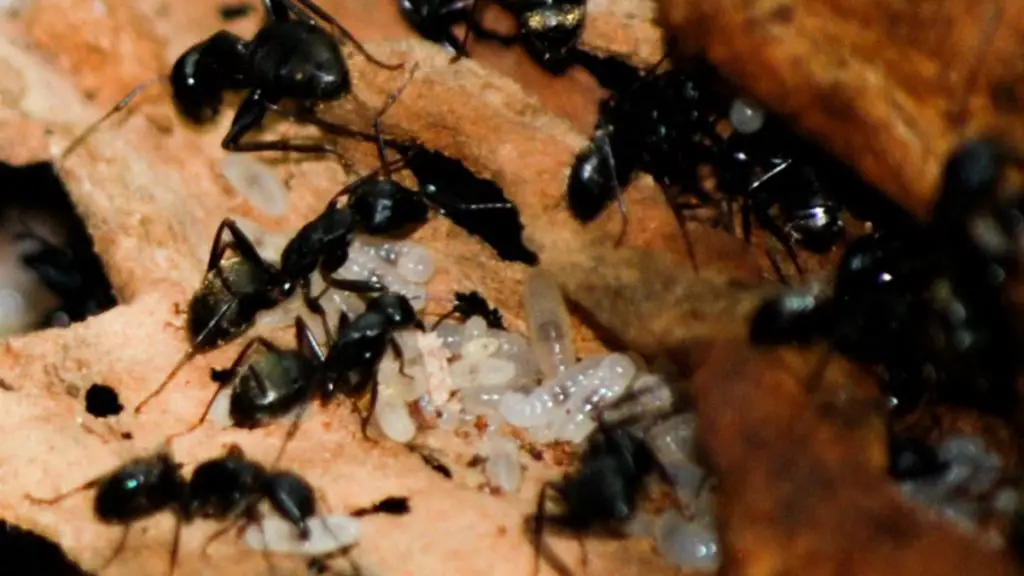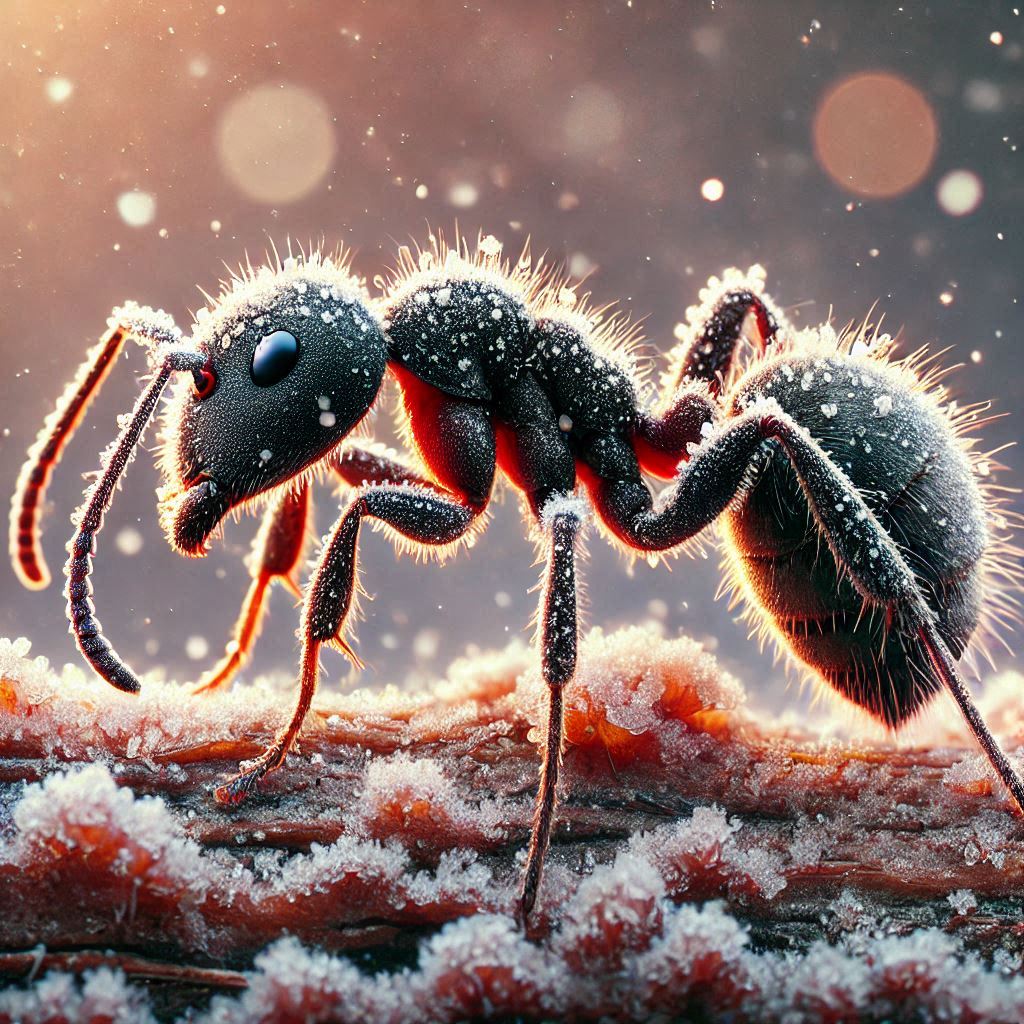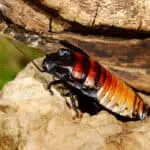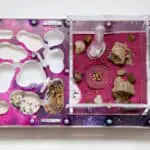When I first started keeping ants, the thought of hibernation (or diapause, as the experts call it) gave me chills — literally and figuratively. What if I messed up? What if my ants didn’t make it through the winter? As it turns out, ant hibernation isn’t as daunting as it seems once you understand the basics. In this guide, I’ll share everything I’ve learned about caring for ants during their winter slumber so you can keep your colony happy and healthy.
Do My Ants Need Hibernation?
Let’s start with the obvious question: do your ants even hibernate? If your colony consists of temperate or Mediterranean species, the answer is likely yes. These ants naturally slow down during the colder months. You’ll notice they become sluggish, and your queen stops laying eggs. It’s nature’s way of helping them conserve energy for the spring.
On the other hand, tropical ants don’t hibernate at all. So, if you’re keeping a tropical species, you can skip the cold-weather prep and focus on maintaining their usual warm and humid environment.
What Happens to Ants During Hibernation?

Picture this: it’s mid-winter, and your ants are chilling — quite literally. Depending on the species, the queen, larvae, workers, or the entire colony will enter a state of hibernation. Here’s what’s happening behind the scenes:
- Energy Conservation: Before hibernation, ants build up energy reserves. During the winter, they’ll live off these reserves, so they won’t need food.
- Queen’s Rest: The queen stops laying eggs to conserve energy.
- Larvae Pause: Larvae stop growing.
- Reduced Activity: Workers stop foraging and become inactive.
Fun fact: some Mediterranean species don’t completely stop foraging. So, if you’re keeping one of these, you’ll need to provide small amounts of food.
For more details, check out Kipyatkov’s 2001 research — it’s a goldmine of information on ant diapause.
Can I Stop My Ants from Hibernating?
Technically, yes. By keeping the temperature of their nest consistent, you can prevent hibernation. But here’s the thing: it’s not a good idea. Hibernation is a natural part of their lifecycle, and skipping it can have long-term effects on your colony’s health. You might see slower growth, smaller workers, or even a shorter lifespan.
Some species are so attuned to hibernation that they’ll do it regardless of temperature, thanks to their biological clock. So even if you’re tempted to skip it, it’s best to let nature take its course.
How to Help Your Ants Enter Hibernation
Transitioning your ants into hibernation isn’t as simple as flipping a switch. Here’s how to do it gradually:
- Lower the Temperature Gradually: Over 2-3 weeks, slowly reduce the room temperature by adjusting your heater or moving the colony to a cooler location.
- Use a Chiller or Fridge: If you don’t have a naturally cool space, a wine chiller or mini fridge works wonders. Start with a higher temperature and decrease it slowly over several days.
- Target Temperature: For temperate species, aim for 40-50°F (5-10°C). Mediterranean ants prefer it a bit warmer, around 60-65°F (15-18°C).

Caring for Ants During Hibernation
Here’s the good news: ants don’t need much attention during hibernation. But there are a few things you should keep in mind:
- Moisture Matters: Keep their nest moist. If they’re in a formicarium, water it less frequently since it dries slower in winter. If they’re in a fridge, you’ll need to water more often.
- Minimal Monitoring: Check on them every two weeks to ensure they’re healthy. For test tube setups, the water should last the whole winter.
- Food (If Needed): Mediterranean species might need a little sugar water (10%) if they’re semi-active. Protein consumption will likely decrease.
Getting Ants Out of Hibernation
After about three months, it’s time to wake up your colony. Gradually increase the temperature over several days, eventually returning them to their original location. Expect some odd behavior as they readjust — it’s normal.
Start feeding them sugar water as they become active and reintroduce protein once they’re fully awake. Avoid ending hibernation prematurely, as it could leave your ants sluggish and impact their health.
What About Tropical Ants?
Tropical ants skip hibernation altogether. During winter, provide additional heat with a heat mats, maintain humidity, and feed them as usual. If your colony is growing, consider upgrading to a larger nest or expanding their current one.
Other Fun Facts About Hibernation
- Winter Ants: The aptly named winter ants (Prenolepis imparis) are active in the cold but not summer. They continue to forage even at temperatures as low as 6 °F (-14.4 °C). If you’re keeping them, you’ll need to mimic chilly conditions year-round.
- Summer Diapause: Some ants from arid regions go into diapause during extreme heat. It’s similar to winter hibernation but happens when it’s too hot to forage.


